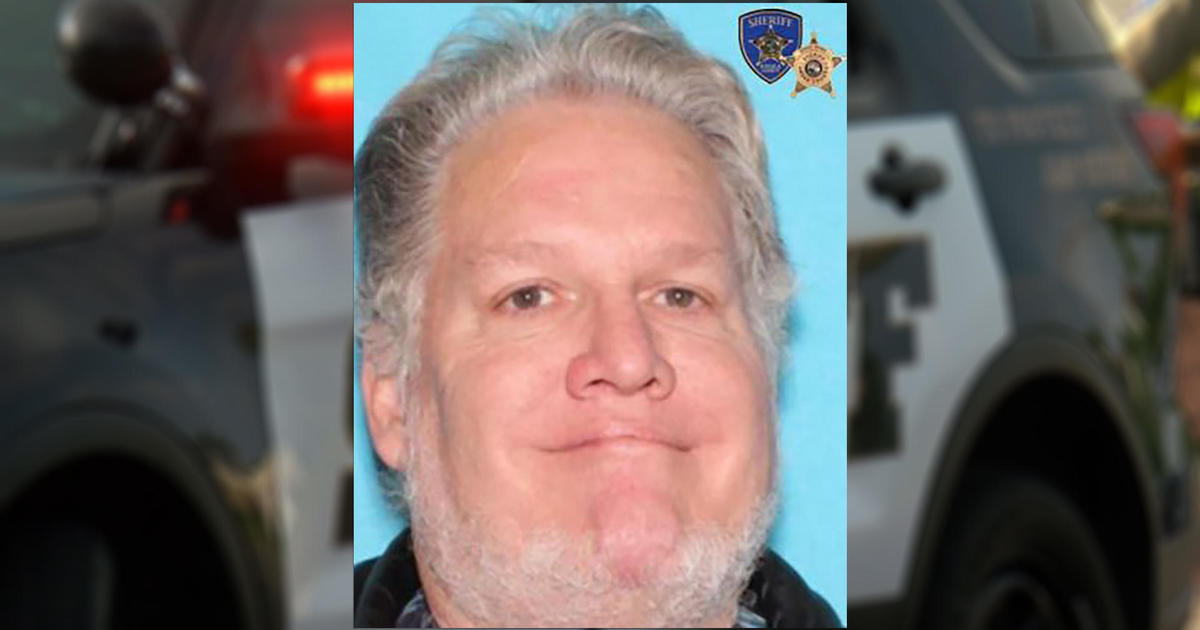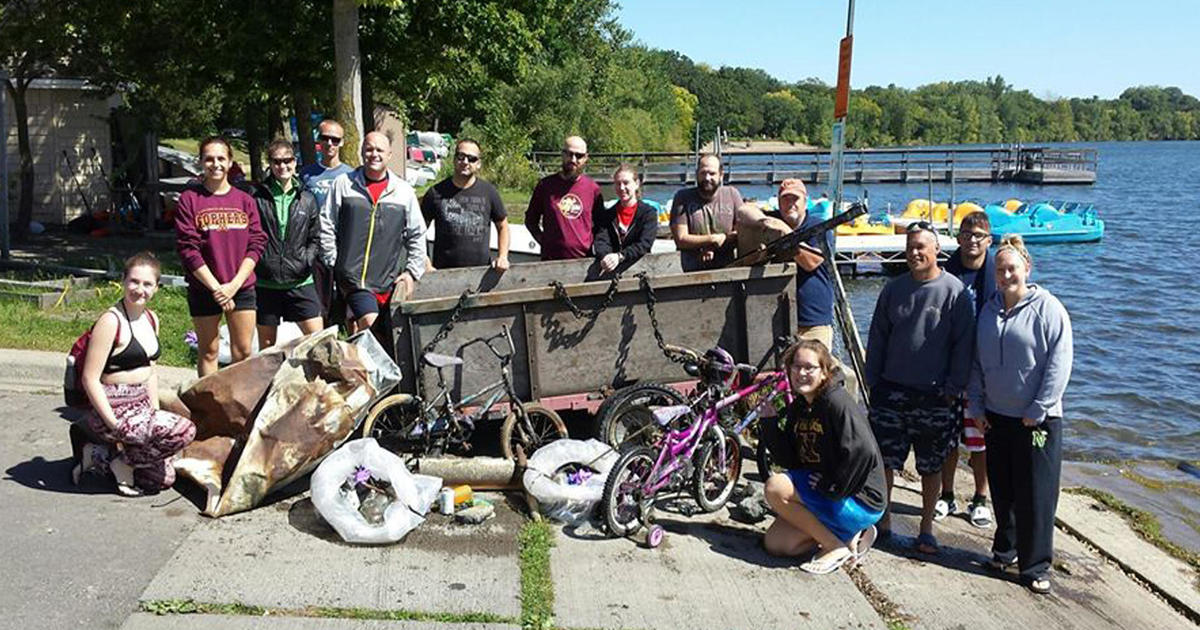As Sex Offender Program Marches On, Rising Costs
ST. PAUL, Minn. (AP) — Minnesota lawmakers are getting nowhere over how to resolve constitutional questions about the state's sex offender treatment program, but the same can't be said about the program's costs.
They're going somewhere — up.
About 50 new patients enter the program every year, a growth rate that threatens to swamp existing facilities in the next few years. A Senate committee on Thursday will review a request for $7.4 million this year to renovate and expand the St. Peter treatment center; another $30 million or more is on the drawing board for future growth there and in Moose Lake.
Lawmakers are under pressure to comply with a federal judge's warning last month to create a more humane program or risk the judge ruling it unconstitutional and putting it under control of the courts. But despite that and the looming costs, top lawmakers and Gov. Mark Dayton last week said they doubted it would happen this session.
Lawmakers acknowledged on Friday they haven't met about the issue in about a month.
"The option of doing nothing would not be responsible from either a legal or fiscal perspective," said Eric Janus, dean of the William Mitchell College of Law in St. Paul. He was a member of a task force that evaluated Minnesota's system and issued a report in December.
Minnesota has the highest number of civilly committed sex offenders per capita among 20 states with such programs. Each sex offender lives in a high-security environment, where state authorities referred them after they completed their prison sentences. Officials have released only two patients during the program's two-decade existence.
Republican and Democratic lawmakers have pointed out that extra space is needed for incoming patients. The program houses about 700 and has a total of 828 beds in St. Peter and Moose Lake, according to Human Services data. Department officials project a population of 928 by 2018, when plans call for a total of 1,041 beds.
Some have raised the specter of widespread patient releases if the courts took over the program — a prospect Sen. Kathy Sheran, DFL-Mankato, said would be chaos. She sponsored a bill last year that would have put only the most dangerous offenders in the program; others would be less restricted. It passed the Senate but stalled in the House.
The task force recommendations issued in December included a directive similar to that aspect of Sheran's bill: Establish a two-step hearing process. The first would determine if commitment is needed; the second would determine terms of commitment.
Rep. Tony Cornish, R-Vernon Center, is among lawmakers who don't see the court intervening for a widespread release of sex offenders. He's also not keen on spending a lot of construction money to expand facilities.
His solution: sentencing the worst sex offenders to mandatory 60-year prison terms. After they served 40, they'd be eligible for the civil-commitment program, Cornish said. The daily cost of a prison bed is less than a third what it costs to house someone in the sex offender program.
"That would show the judge that we're stemming the flow" of patients entering the state sex-offender program, Cornish said.
U.S. District Judge Donovan Frank, in his February opinion, cited the "no-exit regime" and "prison-like conditions" of the program as flaws.
One patient told AP during a phone interview that after he attempted suicide, program staff members transferred him to a room by himself for several days. It had a hard-slab floor, a blanket, a toilet and a sink. He received only a gown to wear.
"I had to sleep on the concrete," said Wallace Beaulieu, 42, of Bemidji.
Police charged Beaulieu in 1990 with raping a relative, he said. Beaulieu told AP that he did not commit the crime. A court later convicted him in that case of third-degree criminal sexual conduct and kidnapping. Two years later, police charged him with raping a teenage girl and a court later convicted him of third-degree criminal sexual conduct. Beaulieu did not contest that charge.
Beaulieu said he tried to kill himself because no one would tell him when he could expect to complete treatment -- or even how he was doing in treatment -- and when he might get to leave.
"That frustration and hopelessness really gets to you," Beaulieu said, who's been in Moose Lake since 2006. He attempted suicide again in September.
Daniel Larsen, 53, of Columbia Heights has been civilly committed since the early 1980s, he told AP in a phone interview. Though never convicted of a crime, police charged that he vaginally penetrated a 9-year-old girl in 1976 and a 10-year-old girl in 1977 when he was 15 and 16, Larsen said.
A panel of three doctors diagnosed him with a "psychopathic personality," Larsen said.
"They've never let me complete a treatment program," Larsen said. "Every time I come close, they throw out the old treatment program and I have to start a new one. I finally quit. I got tired of trying."
In response to Beaulieu's and Larsen's descriptions, Human Services released a statement that described program treatment as "consistent with current research and best practices in treating high-risk sex offenders. All clients have primary therapists and individualized treatment plans to address their motivations and risk." The statement said patients' progress is reviewed every quarter.
Dr. Michael Farnsworth, a co-founder of the Minnesota Sex Offender Program and forensic psychiatrist in Nisswa, said the program has become a detention center rather than a treatment center. That's one of the reasons he left in 2003, he said.
"My job as a doctor is to provide treatment, not run prisons," said Farnsworth, who cared for Larsen, in a phone interview.
Farnsworth said patients in his program could complete treatment in about four years.
The Department of Human Services said in a statement that "many (program) clients are making substantial progress in treatment." The Supreme Court Appeal Panel determines whether to grant or deny clients' petitions to final phase of treatment, the agency said. Currently, 21 patients are in that final phase.
Sen. Warren Limmer, R-Maple Grove and a task force member, said the sex-offender program "should have something that graduates those susceptible to treatment."
"It's in the hands of the House Democrats and Republicans, all of whom are up for election," Limmer said. "They're allowing the spirit of fear to govern their decisions."
(© Copyright 2014 The Associated Press. All Rights Reserved. This material may not be published, broadcast, rewritten or redistributed.)



